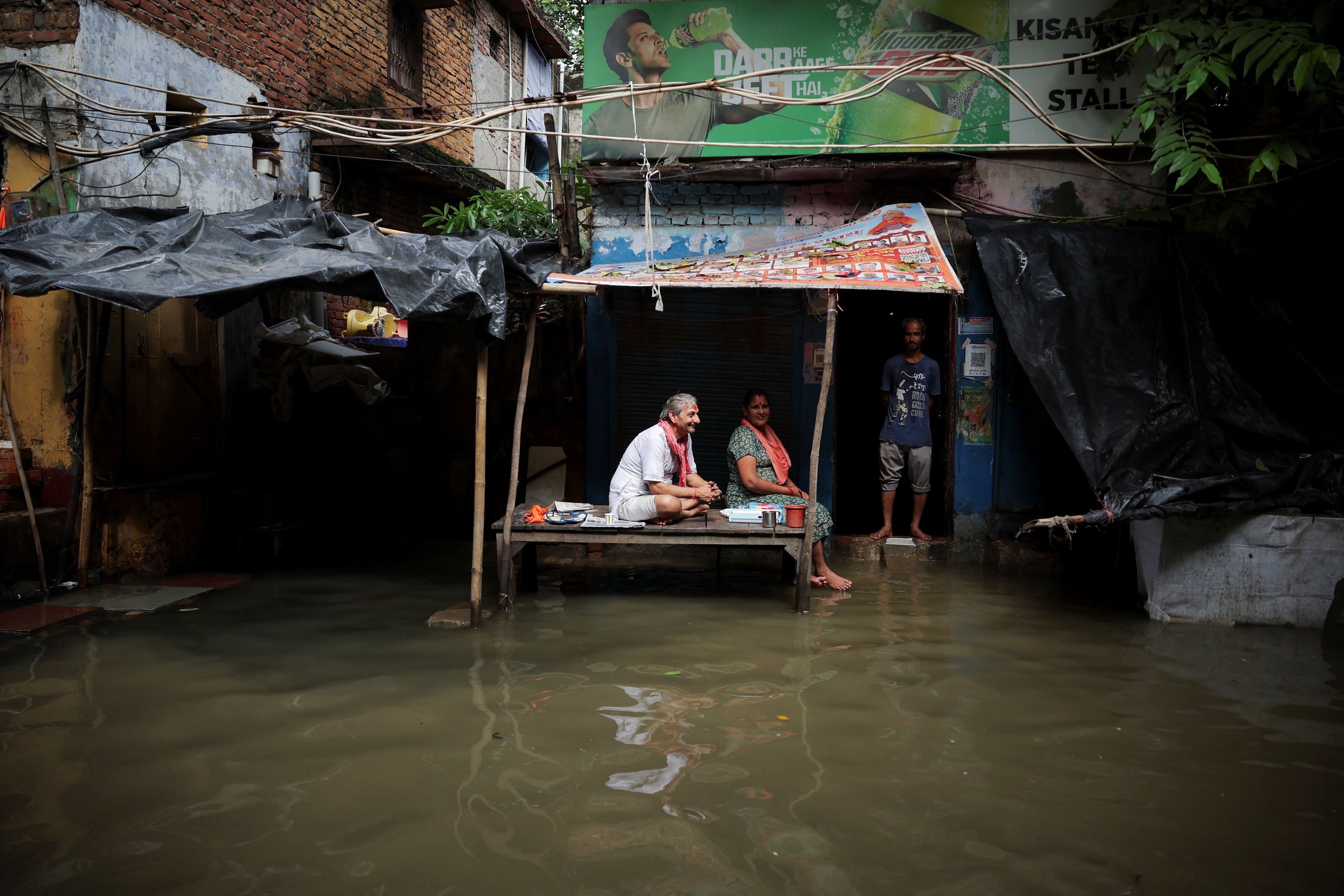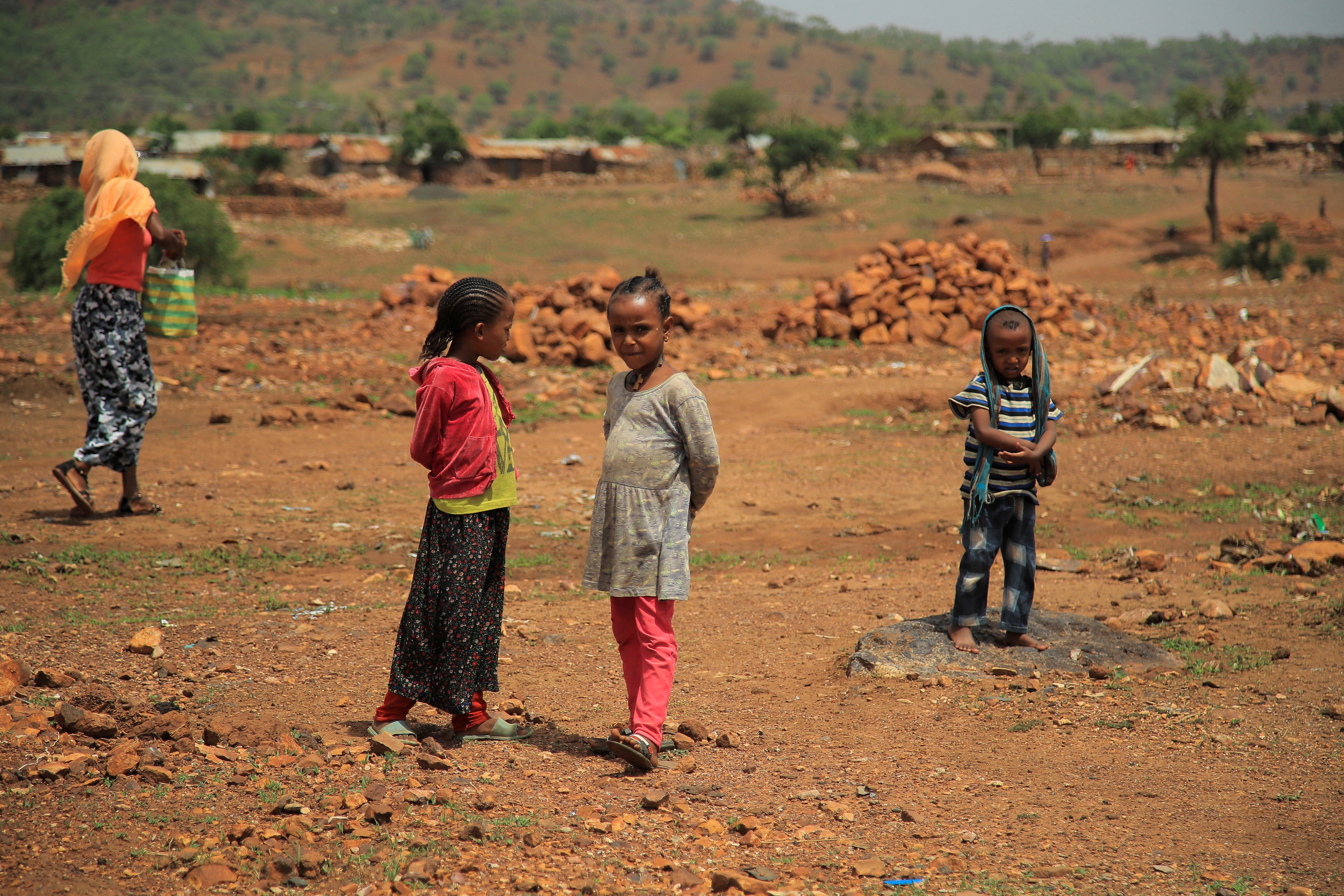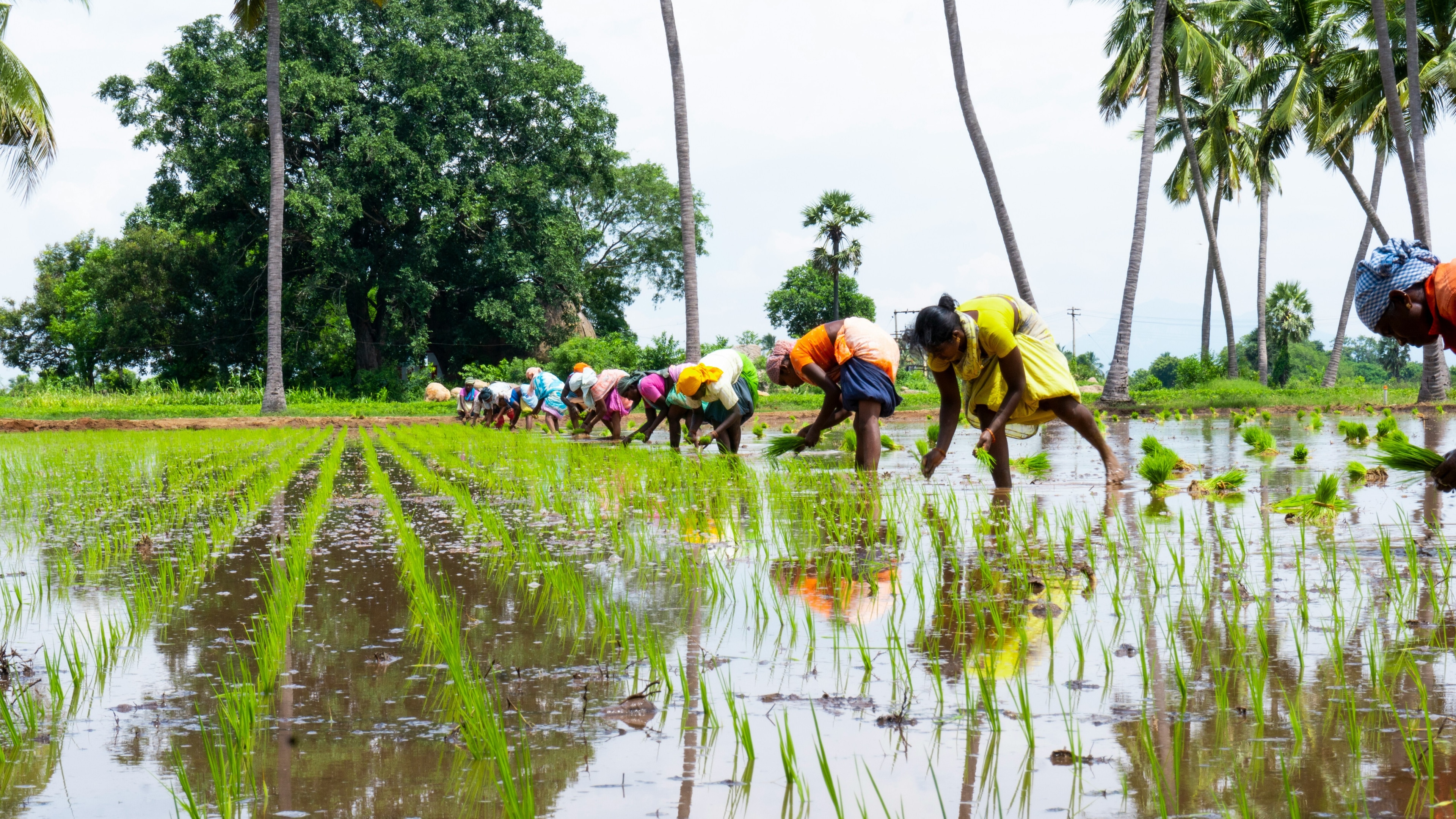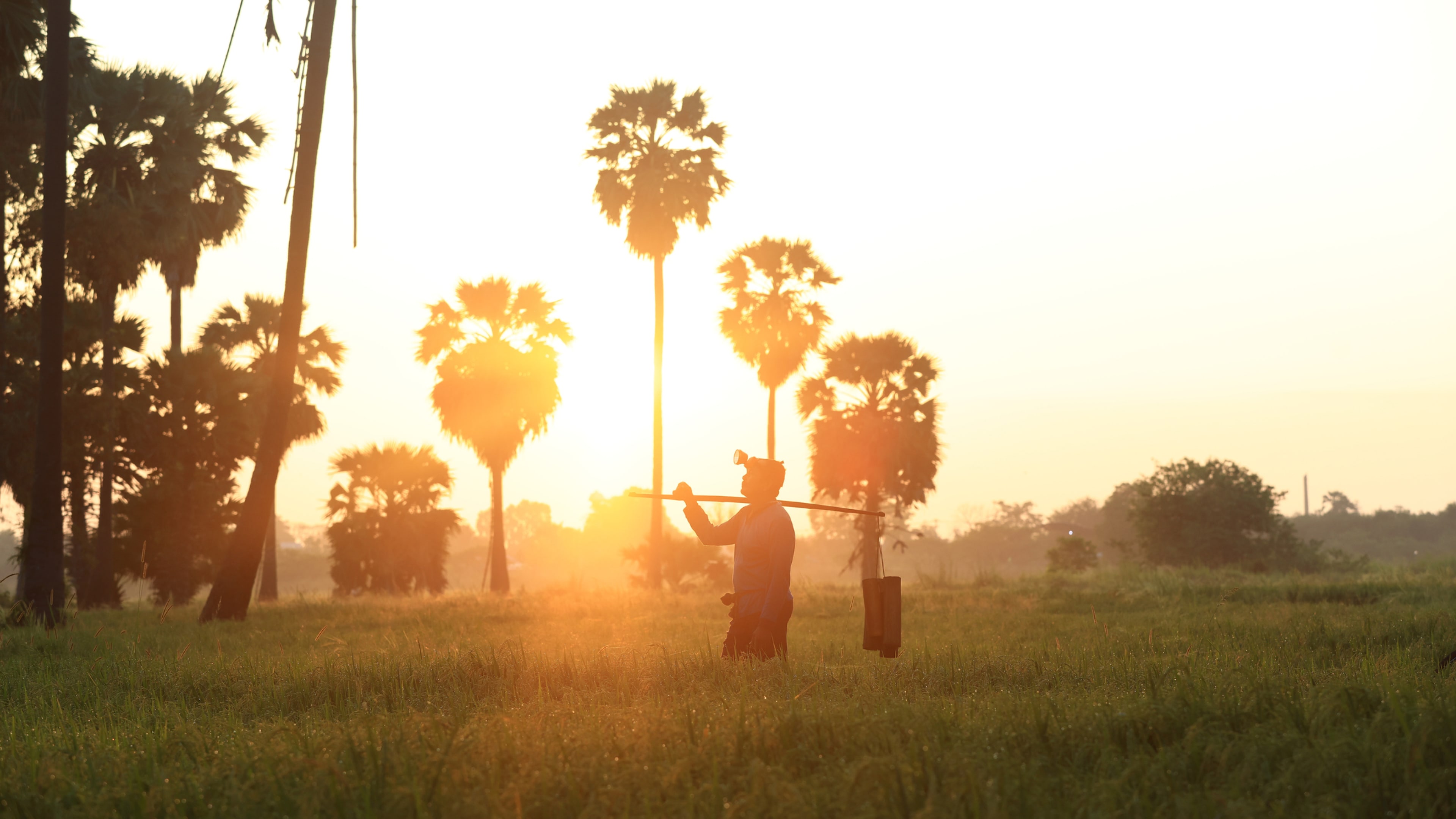Lack of water will raise the risk of conflict – here's what we need to do

Laura Tuck, World Bank Group Vice President for Sustainable Development, looks at the risk posed by water scarcity. Image: REUTERS/Noor Khamis
India is currently facing its worst water crisis in years, with an estimated 330 million people – one-quarter of its population – affected by severe drought. Ethiopia is also dealing with its worst drought in decades, which has already contributed to the failure of many crops, creating food shortages that now affect around a tenth of the population. Under such circumstances, the risk of tension over resources is high.

In the past, droughts of this severity have led to conflict and even wars between neighboring communities and states. One of the first in recorded history erupted around 4,500 years ago, when the city-state of Lagash – nestled between the Tigris and Euphrates rivers in modern-day Iraq – diverted water from its neighbor, Umma. Competition for water sparked violent incidents in ancient China and fueled political instability in Pharaonic Egypt.
Today, actual wars between countries over water resources are uncommon, owing to improved dialogue and cross-border cooperation. But, within countries, competition for scarce water is becoming a more common source of instability and conflict, especially as climate change increases the severity and frequency of extreme weather events. As we detail in our new report “High and Dry: Climate Change, Water and the Economy,” limited and erratic water availability reduces economic growth, induces migration, and ignites civil conflict, which fuels further potentially destabilizing migration.
This cycle has been apparent in some regions for decades. In Sub-Saharan Africa, for example, periods of low rainfall over the last 20 years have often been followed by spikes in violence, civil wars, and regime change. And in many parts of rural Africa and India, a decline in rainfall has acted as a “push factor” for internal or cross-border migration to more water-abundant places, often cities, creating new social pressures as the numbers of displaced people grow.
In our report, we predict that water scarcity could act as a conflict-risk multiplier, fueling cycles of resource-driven conflict, violence, and displacement, especially in already water-stressed regions, such as the Middle East and the Sahel in Africa, where agriculture remains an important source of employment.
Fortunately, there is a way to avoid the cycle of poverty, deprivation, and conflict. If countries take action now to implement effective water-management policies and practices, backed by well-designed incentives, they can not only reverse the slide toward water scarcity, but also raise their rates of economic growth by as much as six percentage points per year.
One water-scarce country that has taken action to improve its resilience to climate change is Morocco. In years of low rainfall, Morocco’s river-basin authorities give the lowest priority to crop irrigation, the largest consumer of the country’s water. But, of course, agriculture remains critical to feed the population. So the government has been investing in modernizing irrigation infrastructure to provide farmers with more efficient water services that enable them to adjust more easily to variations in water availability.
The Moroccan authorities are also working to improve groundwater governance, to avoid over-extraction. Farmers engaged in rain-fed agriculture receive support that helps them to make better use of rainfall – such as through the introduction of climate-resilient practices like direct seeding – resulting in higher yields than traditional practices produce during dry years.
The message from Morocco – and from our report – is that, with smart water policies and interventions, countries can ensure a climate-resilient, water-secure future. At the core of effective water-management strategies will be improved planning for water-resource allocation, the adoption of incentives to increase efficiency, investment in infrastructure for improved water security, and better urban planning, risk management, and citizen engagement. The recently created International High-level Panel on Water, comprising ten heads of state, will be promoting precisely this agenda to foster better water management globally.
Of course, not every country will follow the same path in safeguarding a water-secure future. But, as countries develop their strategies, they can look to one another for ideas and insights into what works – and what doesn’t. With strong and prudent action, governments around the world can cope effectively with the natural limitations and uncertainties affecting water resources, ensuring that their people and economies are prepared for what might lie ahead.
Don't miss any update on this topic
Create a free account and access your personalized content collection with our latest publications and analyses.
License and Republishing
World Economic Forum articles may be republished in accordance with the Creative Commons Attribution-NonCommercial-NoDerivatives 4.0 International Public License, and in accordance with our Terms of Use.
The views expressed in this article are those of the author alone and not the World Economic Forum.
Stay up to date:
Fresh Water
Forum Stories newsletter
Bringing you weekly curated insights and analysis on the global issues that matter.
More on Resilience, Peace and SecuritySee all
Shoko Noda and Kamal Kishore
October 9, 2025







